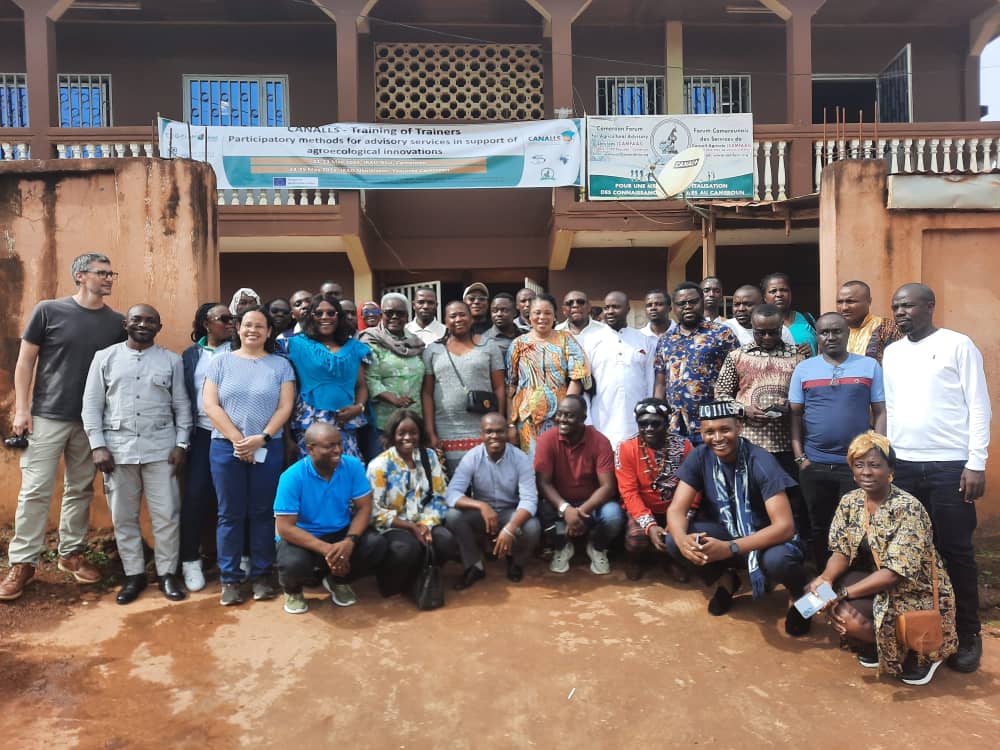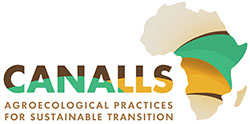As one of the eight Agroecology Living Labs (ALLs) of the CANALLS project, Ntui, Cameroon, brought together over 30 participants and 7 co-facilitators for an intensive five-day Training of Trainers (ToT) programme.
This key milestone aimed to empower participants with the skills, tools, and mindset needed to support the adoption of agroecological practices in Africa.
Organized by University of Hohenheim and AFAAS with the collaboration of Cameroon Partners (CAMFAAS, IRAD, IITA; SCOOPMAN) , the joint training was not just about learning—it was about doing, sharing, and co-creating. It combined theory with hands-on practice.
By the end of the week, participants were equipped to:
- Train extension agents in agroecology tools
- Conduct and analyze agroecological diagnostics
- Use tools and methodologies developed by CANALLS
- Apply the Qualitative Assessment Tool for Innovations (OCATI) in their advisory organizations
- Co-design strategies for disseminating and using extension methods
- Develop a community of practice for future reference and experience sharing.
Below is a snapshot of how each day unfolded, shaping a dynamic, knowledge-rich experience that laid the groundwork for long-term impact in the field.
Day 1: Sharing experiences in advisory services for agroecology
The day's objective was clear: to understand the program's goals and methods, relating them directly to their own experiences. The journey commenced with participants engaging in sharing their expectations through an anonymous card collection, setting a foundation of openness. Participants delved into the fundamental concepts of innovation and its application to agroecology, engaging in exercises like "Guiding the Blind" to foster collaborative learning. Discussions extended to a comprehensive inventory of extension methods currently practiced across different countries.
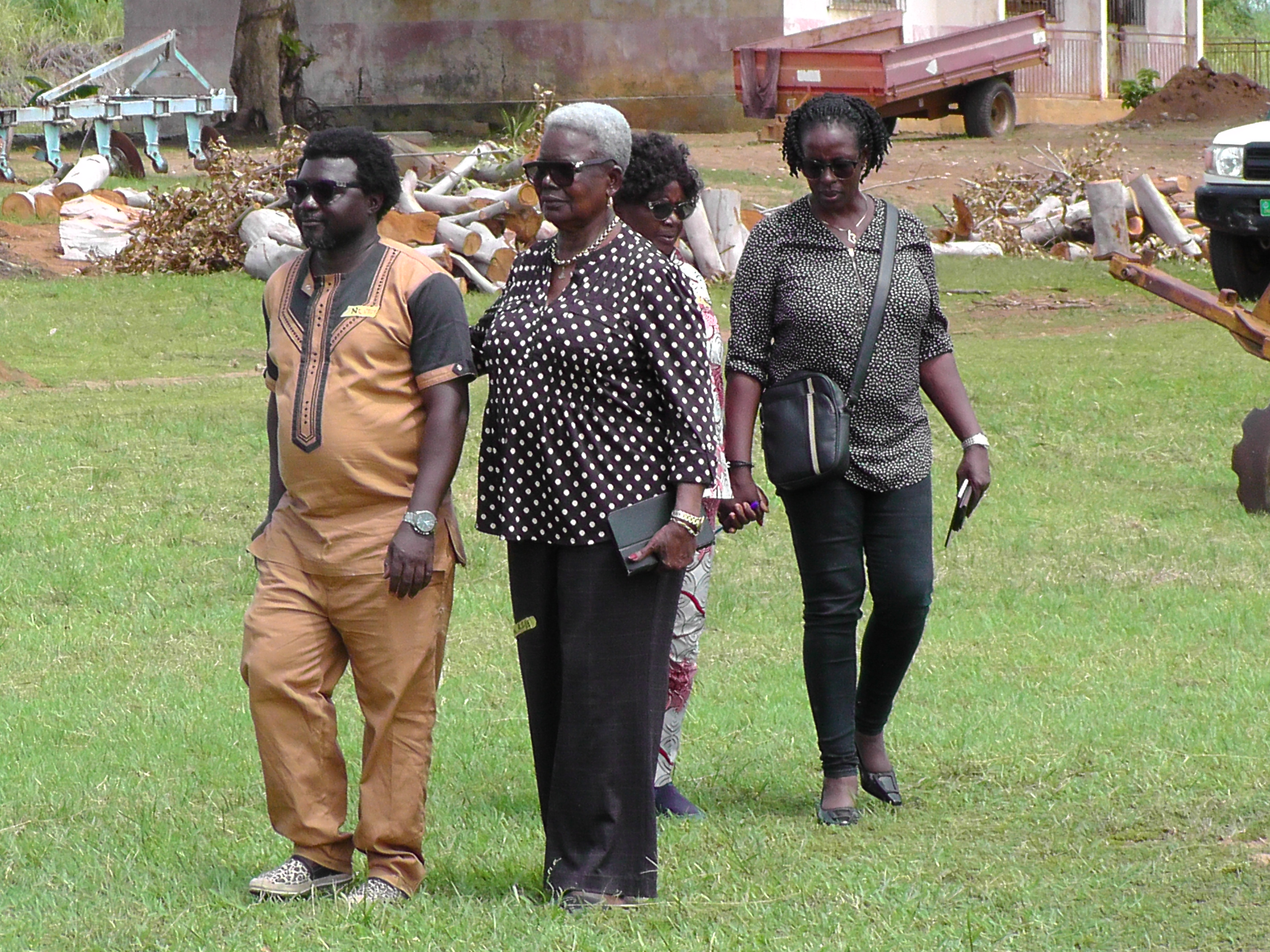
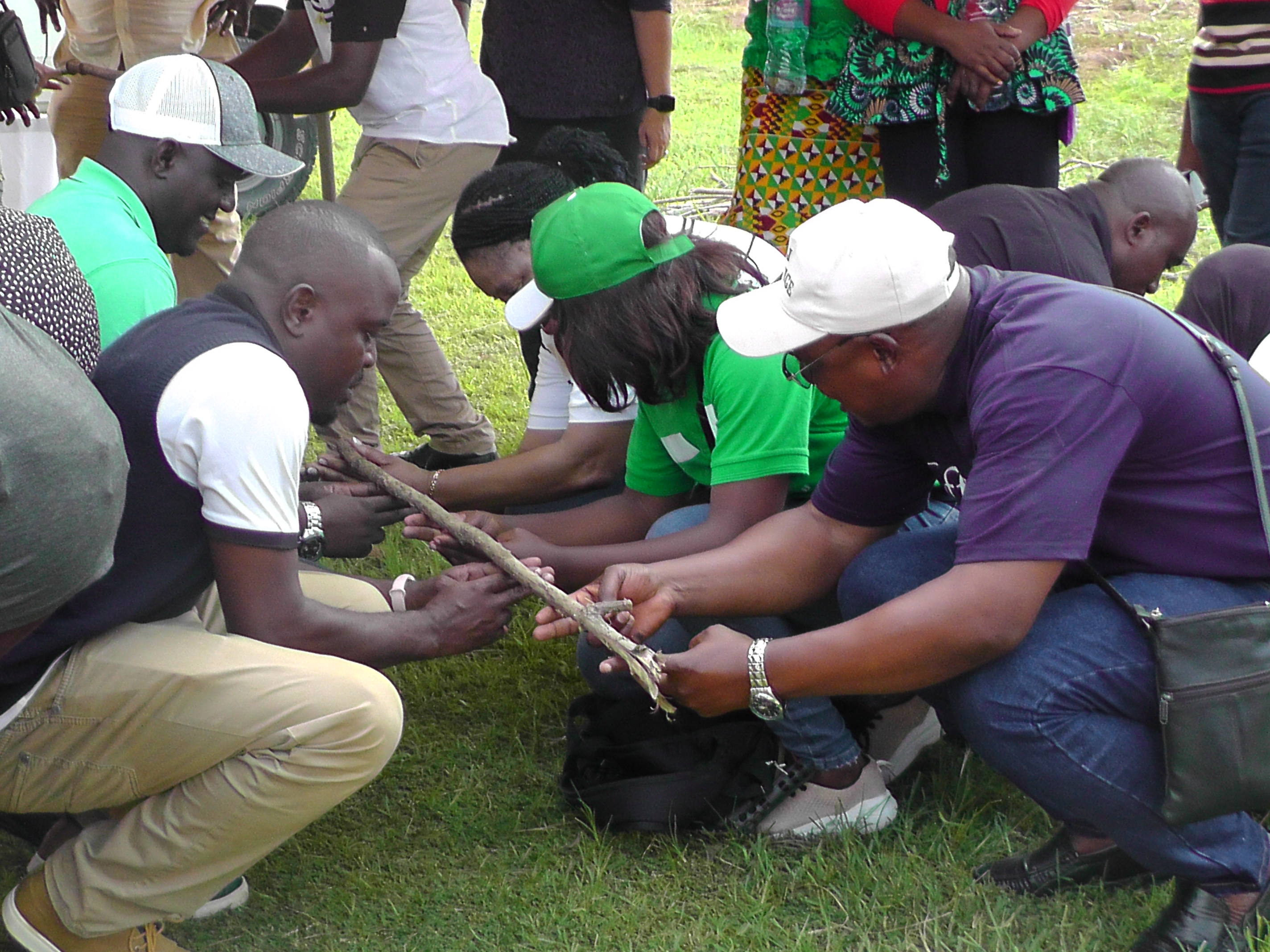
Day 2: Participatory methods for advise on agroecology
The second day aimed for participants to recall and describe participatory approaches for extension, hone their ability to plan and facilitate training sessions, and prepare to provide valuable feedback to fellow trainers. The day began with recalling previous learnings and then moved into prioritizing methods to address CANALLS' specific challenges through brainstorming. Participants actively planned and executed advisory sessions for groups of farmers, engaging in feedback sessions on each methodology. A significant portion of the day was dedicated to planning a hypothetical "field day," and introducing the agenda for the upcoming international cross-visit.
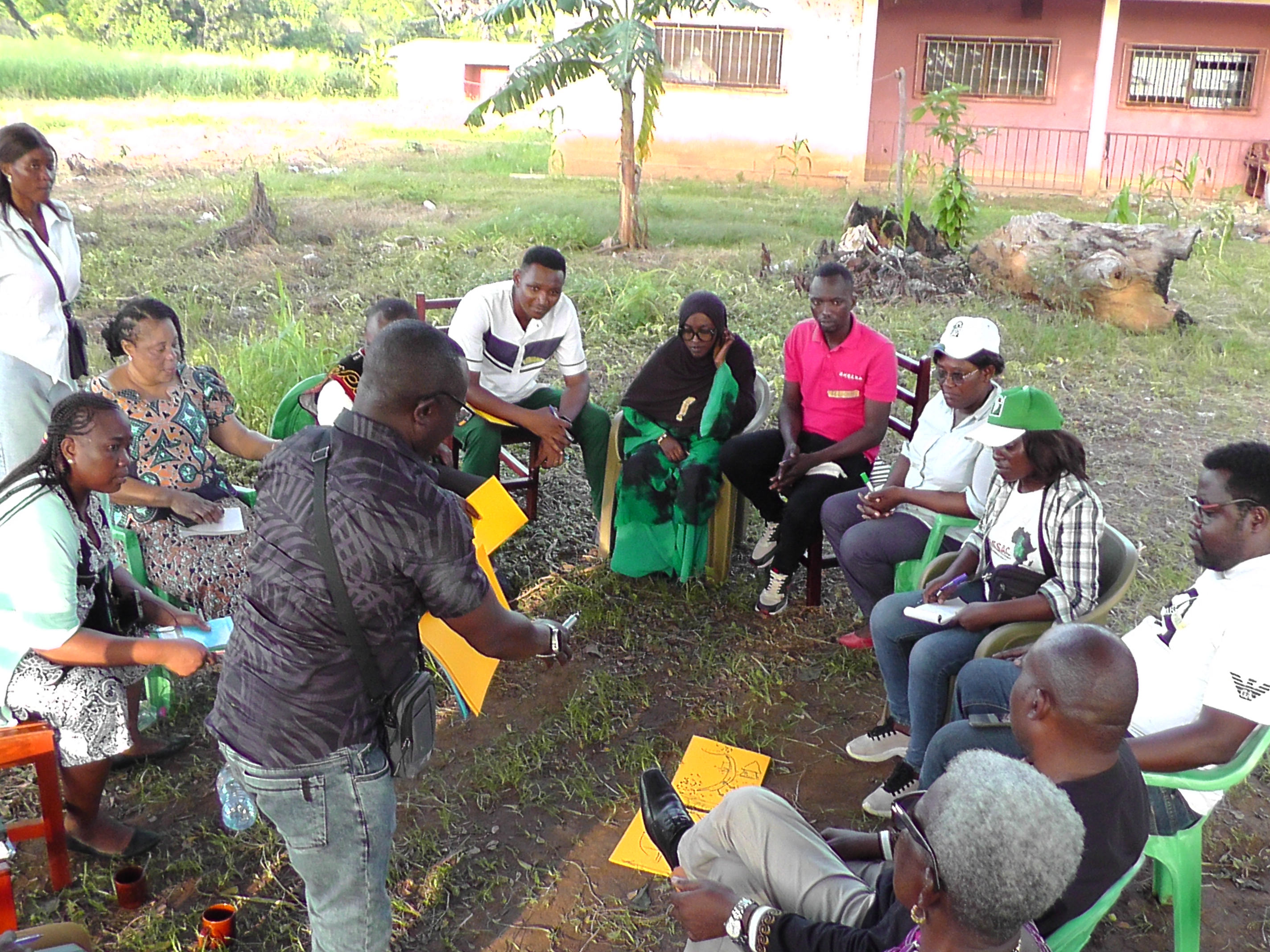
Day 3: The day of the International Cross Visit
Day 3 was a highlight: an international cross-visit designed to provide participants with firsthand experience of the CANALLS cross-visit in action. Traveling to the field in Ntui, participants split into groups to observe cocoa production and the implementation of agroecological practices in Ntui’s ALL. They engaged directly with farmers, conducting interviews and gathering insights. The afternoon saw in-depth sessions on the "Spiral of Innovation" and "Pearls, Puzzle, Proposals," involving group presentations and discussions. The day culminated in a Symposium, where findings from the field visits were presented to a broader group of stakeholders, fostering dynamic discussions.
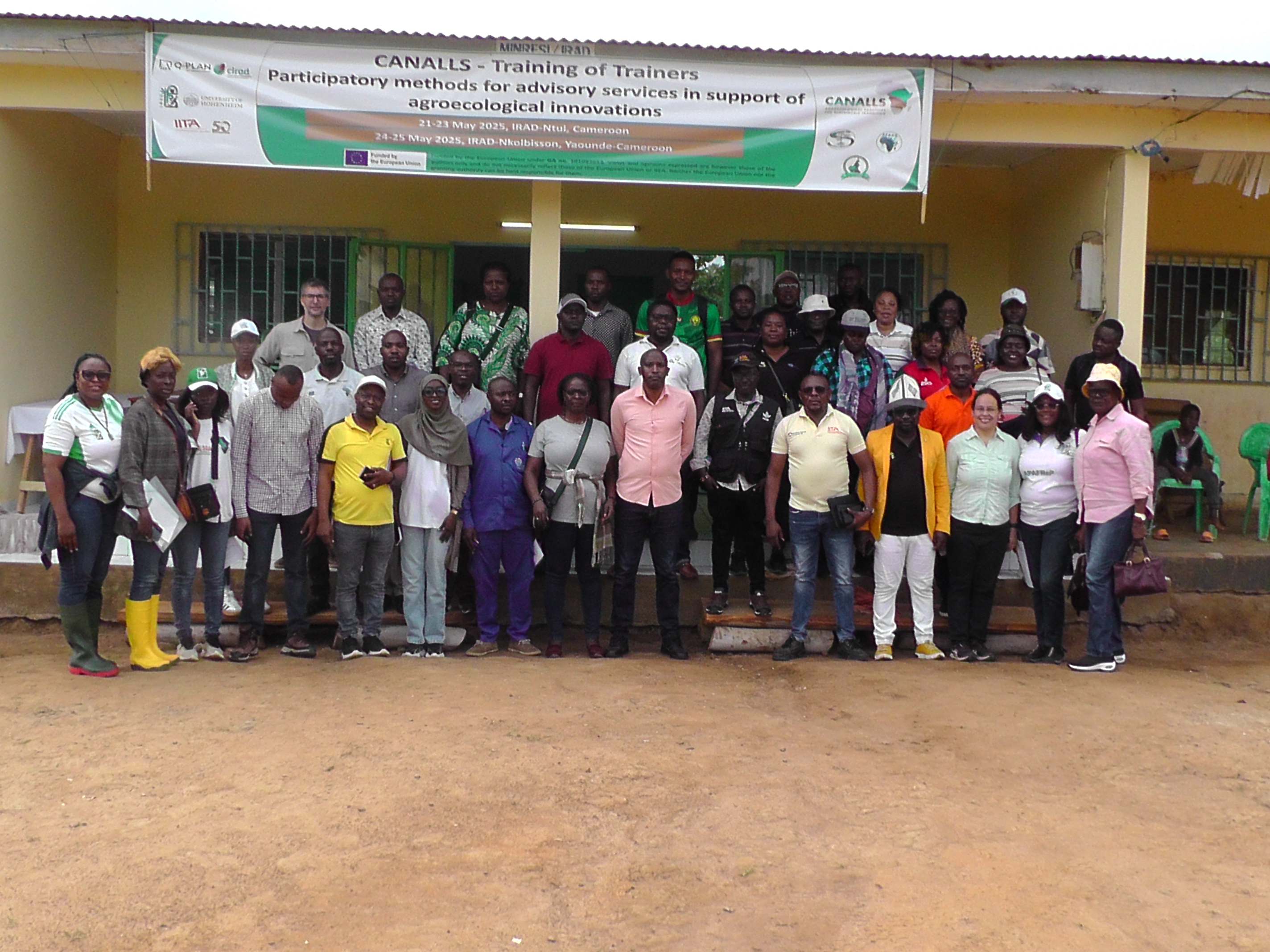
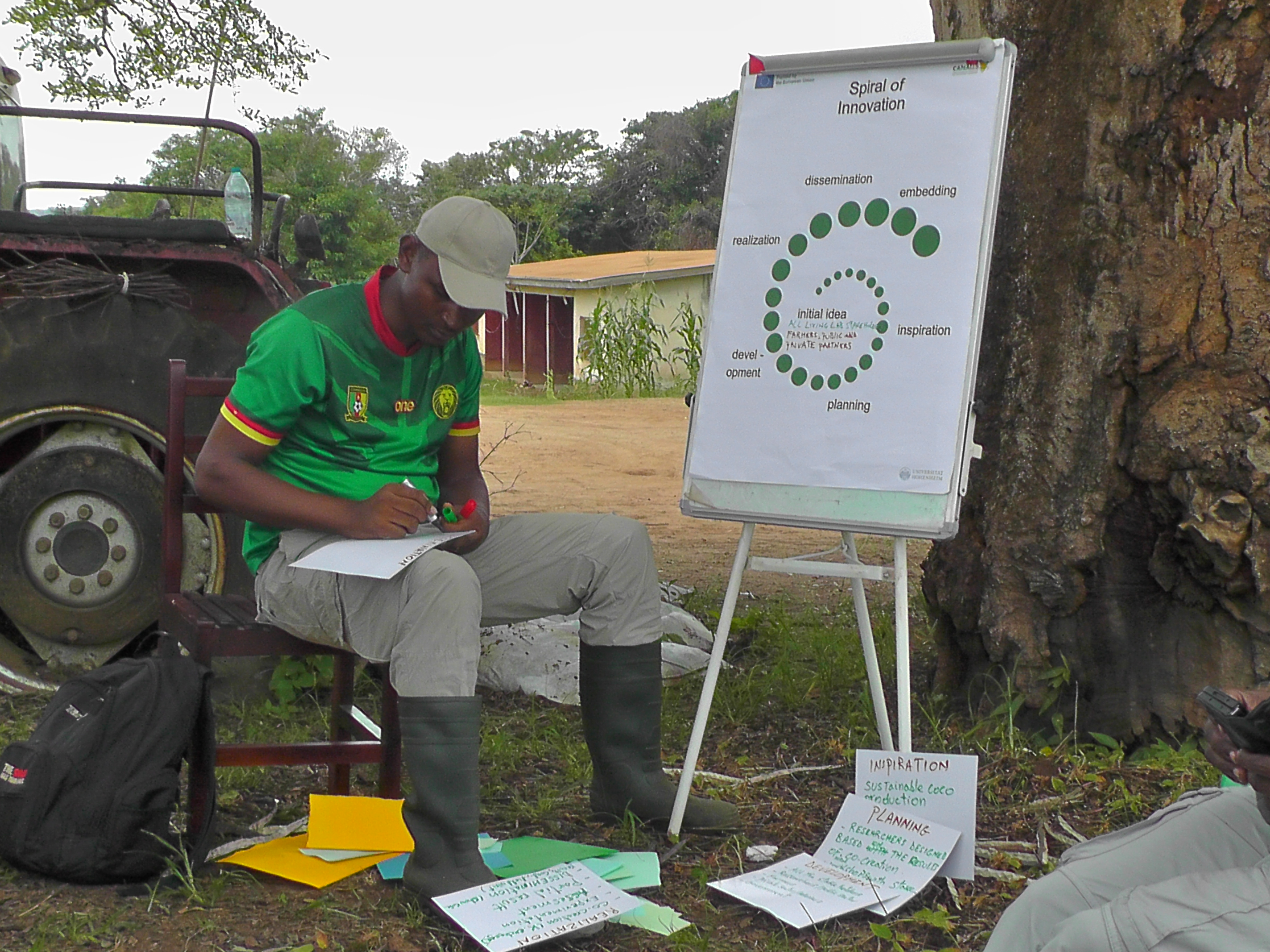
Day 4: CANALLS decision support tool: theory and practice
The fourth day focused on the validation usability of “AGRECO” and application of OCATI. A key activity involved providing advice to farmers using " AGRECO" the CANALLS decision support tool, in hands-on sessions. The day also covered generating reports, analyzing data, and providing feedback on data collection. Living Lab members and AFAAS members focused on planning activities for the period of June 2025 to December 2026 to develop the replication plan.
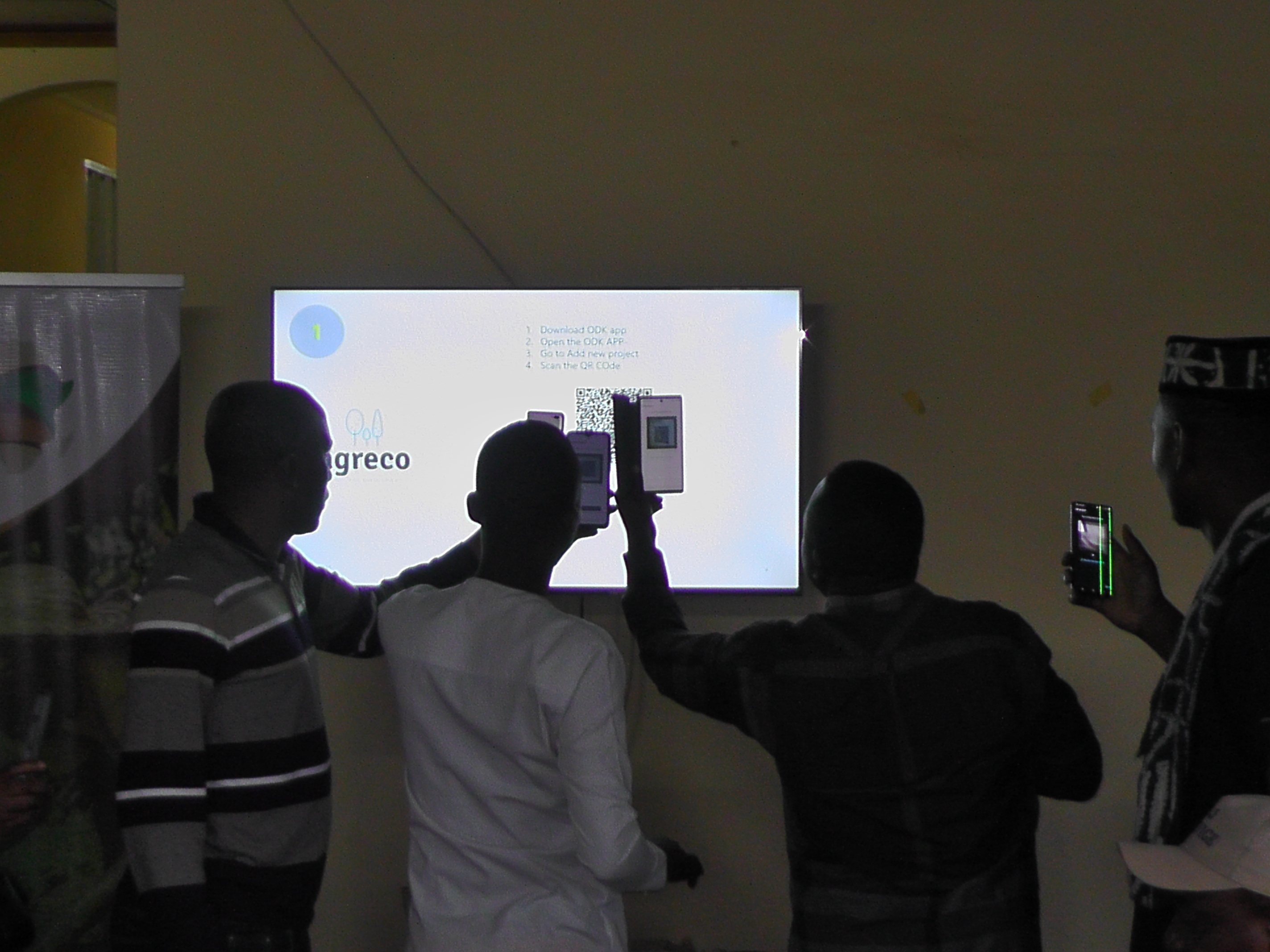
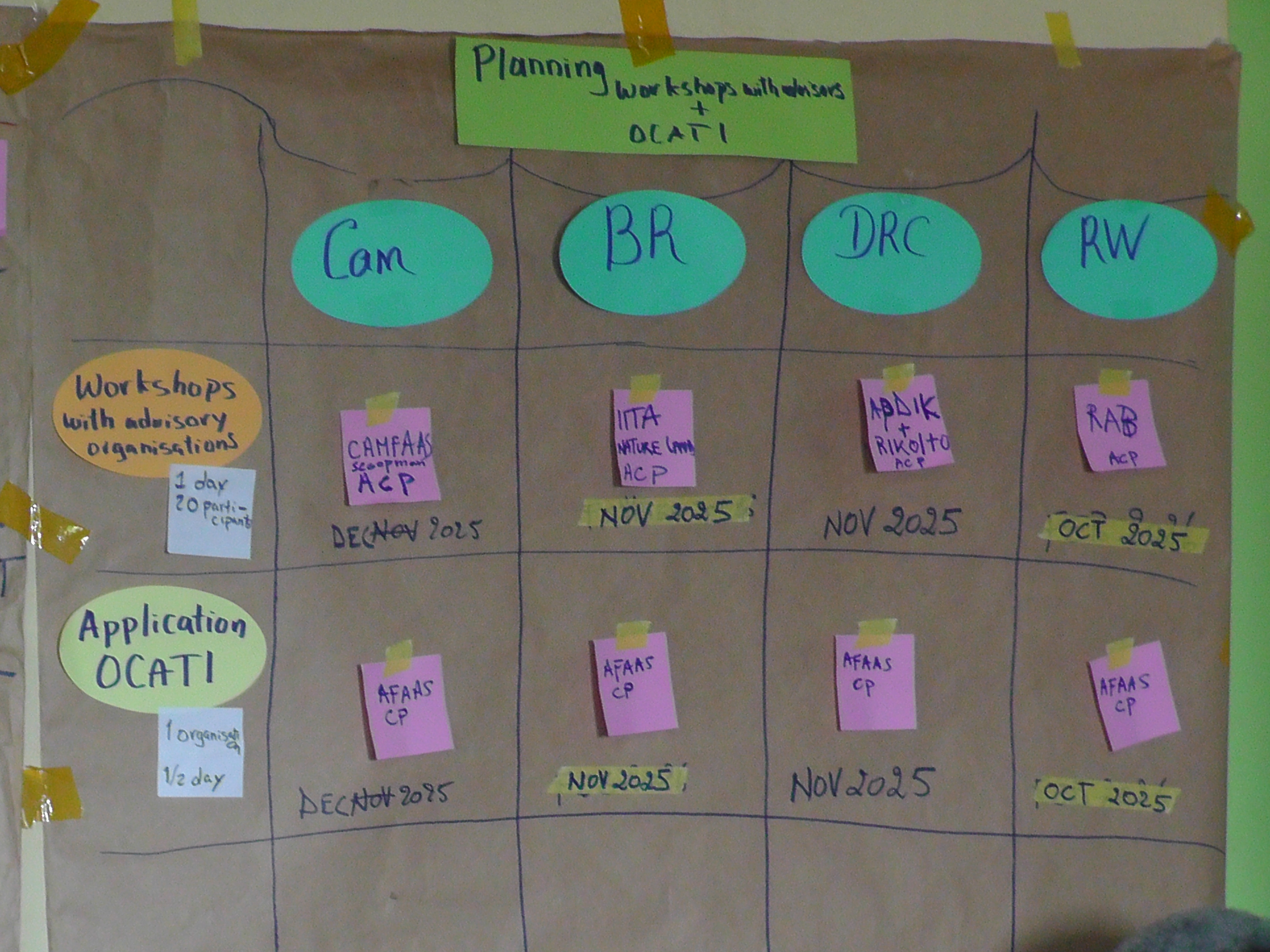
Day 5: Planning for Replication
The final day was dedicated to consolidating the week's learning and charting the path forward for replication. Participants presented their country plans and a crucial session took place focusing on the presentation of the plan by each country team. The week concluded with a ceremony where participants received certificates of successful completion of the training, marking their readiness to promote agroecological transformations.
